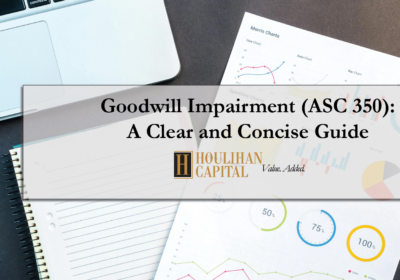The Securities and Exchange Commission, on December 10, 2012, brought an enforcement action against eight former fund directors for failing to oversee asset valuation at five mutual funds that resulted in material misstatements of net asset values in certain reports and the inaccurate pricing of shares. The action is noteworthy because, previously, the SEC had rarely brought enforcement actions against independent directors.
With passage of the Dodd-Frank Act in July 2010, the SEC was given the power to more easily bring a claim against directors and officers for aiding and abetting a securities law violation. Prior to the Dodd-Frank Act, the SEC had to prove a director or officer had actual knowledge of a federal securities law violation in order to hold the director or officer liable. The Dodd-Frank Act substantially decreased the SEC’s burden of proof by proving the director or officer was “reckless” in not knowing of the violation. In effect, the SEC is now willing and able to pursue claims against directors and officers not for perpetrating frauds, but for making a mistake.
In the December 2012 case, fair valued securities made up the majority of the funds’ net asset values. Under the securities laws, fund directors are responsible for determining fair value of fund securities for which market quotations are not readily available. The directors delegated their valuation responsibility to a valuation committee without providing meaningful guidance on how fair valuation determinations should be made. The SEC claimed that, even in the case of such delegation, at a minimum, the directors themselves must “determine the method, understand the process and continuously evaluate the appropriateness of the method used.”
The SEC’s Office of Compliance Inspections and Examinations (“OCIE”) has named valuation practices as one of its areas of focus in both investment advisor and investment company examinations, and the SEC’s Fiscal Year 2012 Financial Report listed the “valuation of investments that are privately placed, thinly-traded, or otherwise difficult to value as a high-risk activity” being focused on by the Enforcement Division.
Best practices and procedures that can help meet greater SEC regulation and scrutiny include:
- Adoption of written/documented valuation policies and procedures
- Improving internal systems for retaining and monitoring fund holdings data
- Internal Pricing Committee
- Advisory Board or Committee
- Continued Monitoring
- Independent Third Party Valuation Provider
For more information on independent third party valuation services, please visit www.houlihancapital.com or contact Paul Clark (pclark@houlihancapital.com) at 312-450-8656.
Houlihan Capital is a leading, solutions-driven valuation, financial advisory and boutique investment banking firm committed to delivering superior client value and thought leadership in an ever-changing landscape. The firm has extensive experience in providing objective, independent and defensible opinions of value that meet accounting and regulatory requirements. Our clients include some of the largest asset managers around the world, and private equity funds, hedge fund advisors, fund administrators, and other asset management firms benefit from Houlihan Capital’s comprehensive valuation and financial advisory services. Houlihan Capital is a Financial Industry Regulatory Authority (FINRA) and SIPC member, committed to the highest levels of professional ethics and standards.



